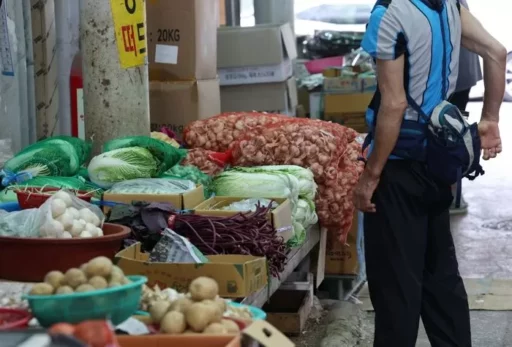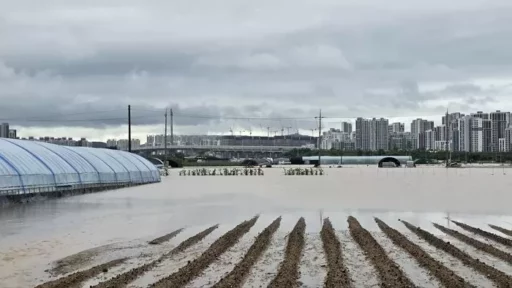Extreme Climate Changes Worldwide Lead to Surge in Food Prices, Necessitating New Policies
Extreme climate phenomena globally have resulted in a sharp rise in food prices. Consequently, research findings indicate an urgent need for new policies to effectively manage food inflation.
On the 21st, researchers from the Barcelona Supercomputing Center and the European Central Bank (ECB) released a report analyzing the correlation between weather anomalies and food price fluctuations.

The research team closely examined 16 cases of weather anomalies occurring worldwide from 2022 to 2024 and the subsequent changes in food prices.
This study confirmed that weather anomalies can cause a rapid and significant increase in the prices of specific food items, directly impacting inflation.
Impact of Extreme Climate on Korea and Japan
Among the examples presented by the research team, Korea was included.
The research team pointed out that in Korea, the price of cabbage, a key ingredient for kimchi, surged by as much as 70% due to record-breaking heat waves this summer.
A similar phenomenon was observed in neighboring Japan, where the price of rice rose by 48% in September as a result of heat waves occurring in August last year.
The lead author of the report, Max Kots, emphasized that many of the weather events causing such price surges are "almost unprecedented from a historical perspective."

He also explained that prices tend to respond about 1 to 2 months after extreme heat or drought occurs.
Need for New Food Policies to Address Climate Change
Researchers warned that, as climate change continues, such surges in food prices are likely to become more frequent.
In particular, they expressed concerns that if food policies are responded to "in the same manner as in the past, food prices will move in even more extreme and unpredictable ways."
The findings of this study suggest that climate change poses direct threats to economic stability and food security, beyond just being an environmental issue. Therefore, it is crucial to develop new policy approaches that can adapt to climate change and effectively manage food inflation.
Image source: Materials for understanding the article / News1, on the 17th, due to the heavy rain that fell overnight, facilities were submerged in the swollen rainwater around Baebang-eup, Asan-si, Chungcheongnam-do. / News1


